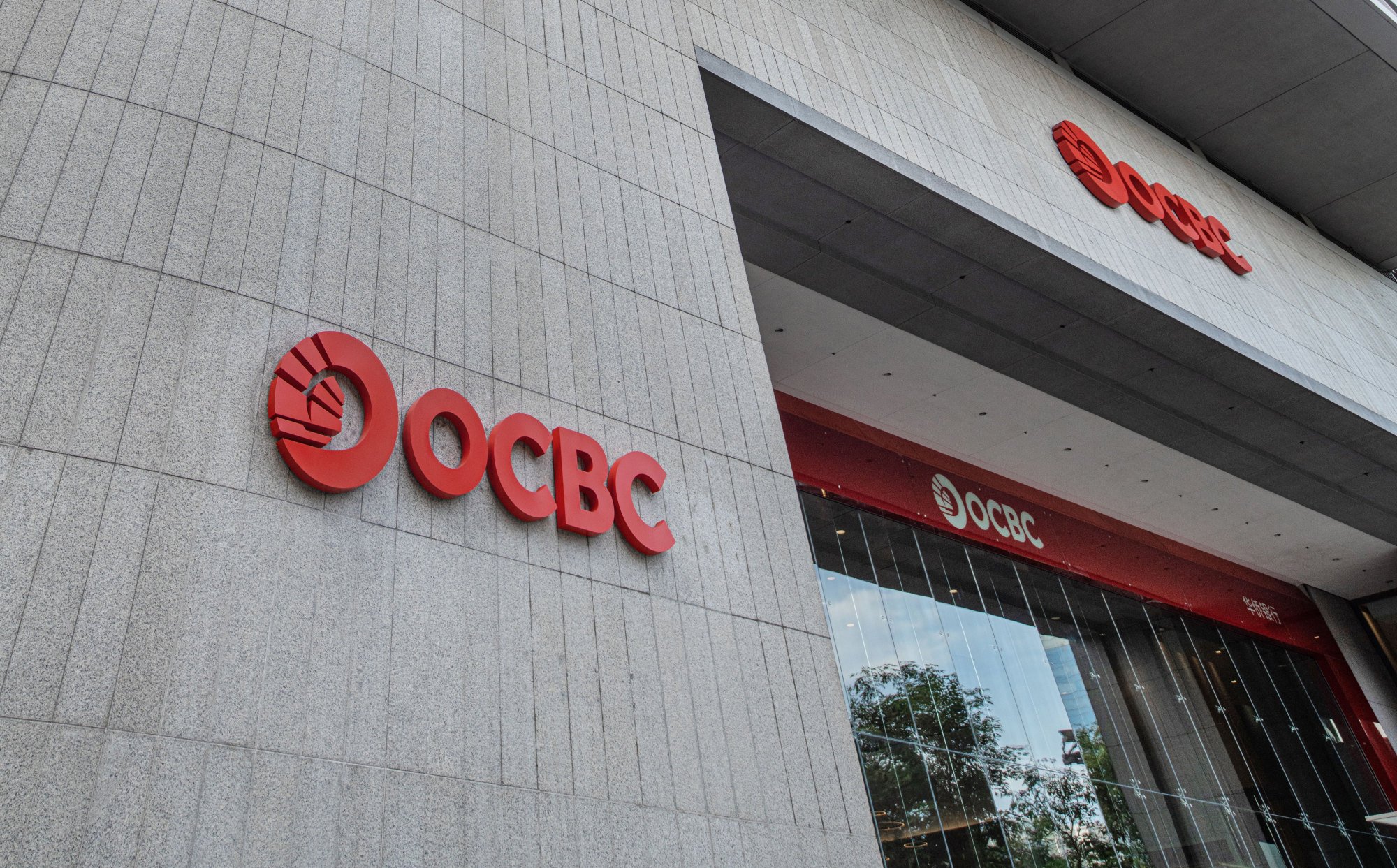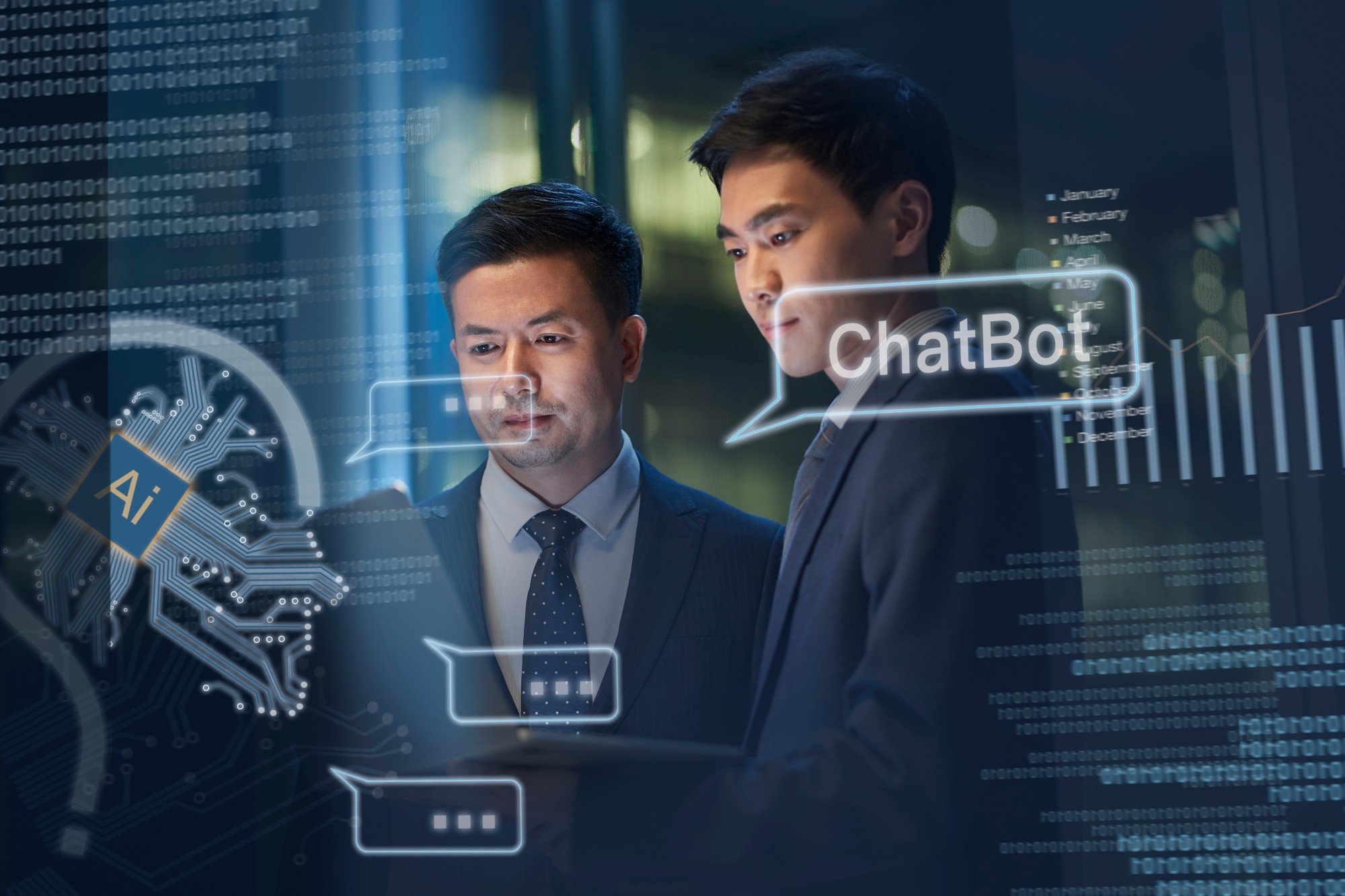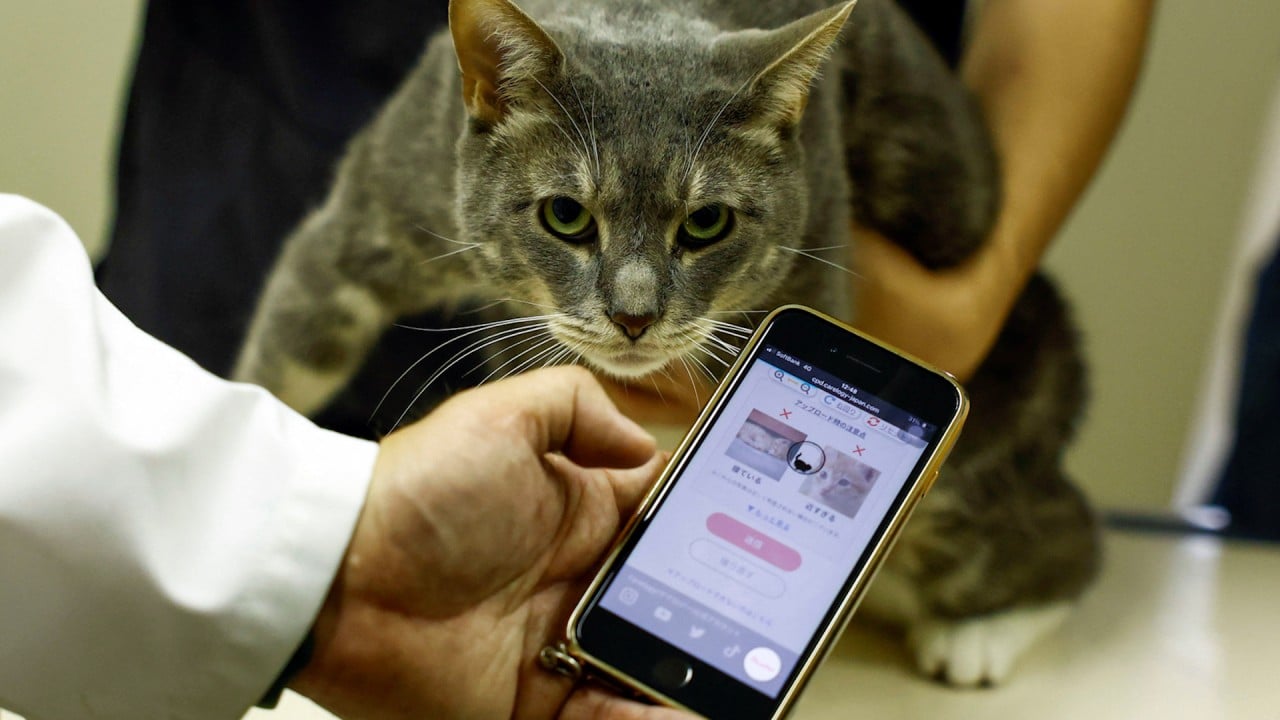
Generative AI set to take off in Asia this year as more companies roll out pilot projects
- More than half of business executives say they are optimistic about AI’s potential to transform their businesses, a survey shows
“We believe this year is when a lot more momentum will be gained, with some of these [initiatives] becoming bigger in terms of projects,” Siva Ganesan, head of AI cloud business unit at Tata Consultancy Services (TCS), told This Week in Asia.
Some projects are set to involve faster integration of AI with business operations such as production, Ganesan said. The roll-out is expected across sectors including financial services, retail, travel, transport, life sciences and healthcare, he added.
More companies have launched pilot projects using AI, according to a report by TCS, which is based on a survey of 1,300 senior executives in 24 countries about the impact of the technology on their businesses.
About 57 per cent of the respondents in the report expressed optimism about AI’s potential to transform their businesses while 55 per cent said they were planning to change their business models and offerings.
Generative AI employs machine learning models to generate new data by identifying and replicating patterns from existing data and efficiently handles tasks such as creating text, images, and other types of content.

Some companies and organisations in Asia are already early adopters of generative AI.
Last year, Singapore bank OCBC said it was launching a chatbot based on the technology for use by its global staff in areas such as writing and research. OCBC’s partnership with Microsoft’s Azure OpenAI aims to improve productivity and customer service.
The University of Tokyo is partnering with search giant Google to use generative AI to tackle the challenges of a shrinking workforce in communities in Japan such as refining employment searches for job seekers, according to a report by The Mainichi on Wednesday.
The TCS survey found that more than 50 per cent of the executives expected AI to eventually have an impact equal to or greater than the internet and smartphones.
Although the survey shows corporate leaders are aware of the value of investing in AI, most of them lack a cohesive strategy to measure the success of their AI implementation because of the fast pace of the technology’s evolution.
“The need of the hour is that all this new technology has to be ingested or assimilated,” said Ganesan. “I think we have all seen in the last 18 months or so that generative AI has been quite a revolution,” he added.
For companies to adopt the new technology, they need to understand new business models and “how to deploy them responsibly”.

The rapid advancement of AI has triggered worries that it could replace humans in many jobs.
While automation and information technology have traditionally involved humans in carrying out a myriad of routine tasks, AI has the potential to replace highly skilled jobs in areas ranging from legal services to top-level management, according to various studies.
As the daily use of generative AI by workers is expected to increase, human creativity and strategic thinking will be essential for “competitive differentiation”, according to the TCS report.
“With continuous training and learning of our workforce, we see newer types of jobs or roles getting created,” Ganesan said. “AI supplements humans for these newer roles as opposed to substituting the humans.”
Executives who participated in a webinar titled “Augmenting People and Organisations with AI”, conducted by INSEAD business school on June 12, said workers should think more about how AI can augment their roles rather than worry about job replacement.
Companies would need to redesign work processes to realise potential productivity gains arising from AI, they said.
While the desire among companies to deploy AI is strong, they face various obstacles in its adoption, according to the TCS study.
Among the key challenges identified by business leaders in the report are disparate IT infrastructures that are not ready for integration of AI technologies and insufficient implementation support from IT vendors.
Most respondents have called for more global rules and standards governing the use of AI, the report said. Many countries in the region have not introduced comprehensive rules to regulate AI and this has led to uncertainties for companies looking to roll out the technology.
“The basic regulatory and compliance needs of AI are something we have to ensure when we do deployment,” Ganesan said.
“I would not say it hampers in the sense that it prevents things from happening but it is a factor for consideration in our design and roll-out because at the end of the day, what is statutory is compulsory.”


